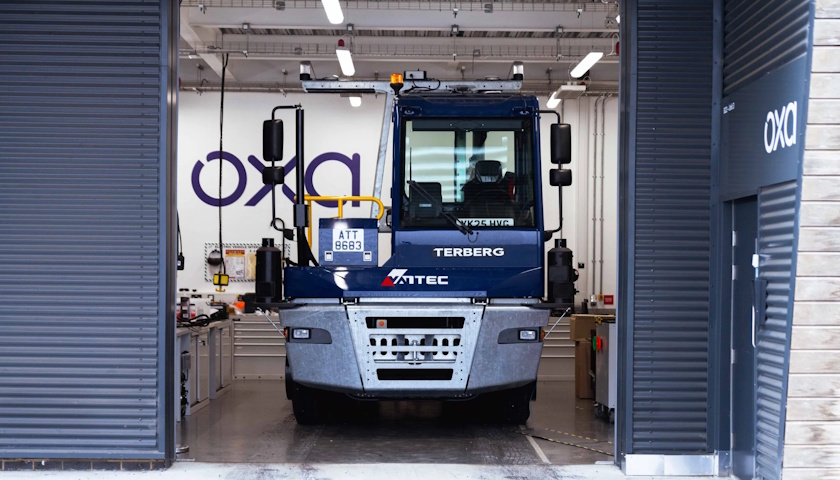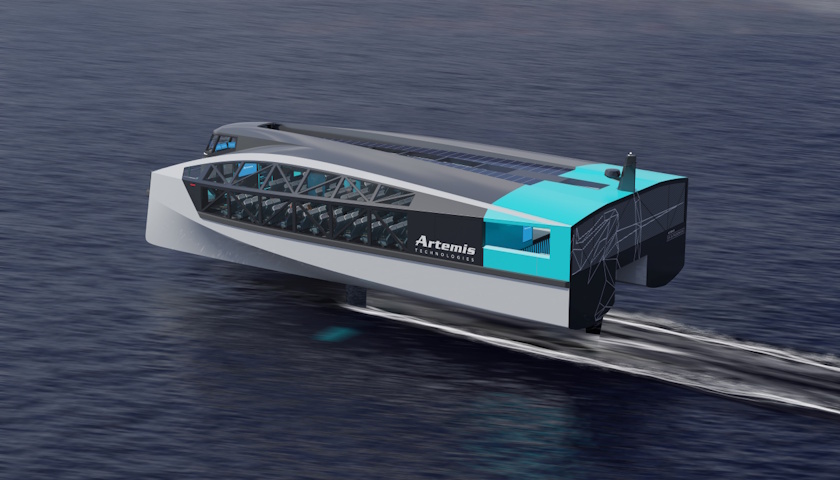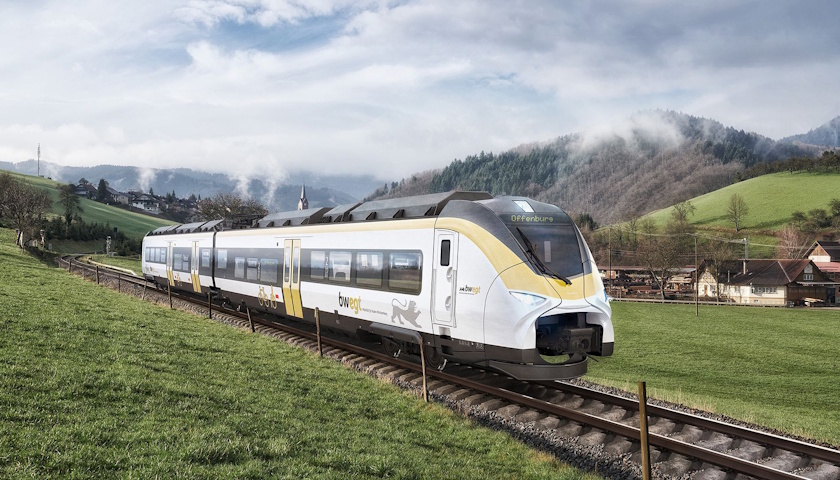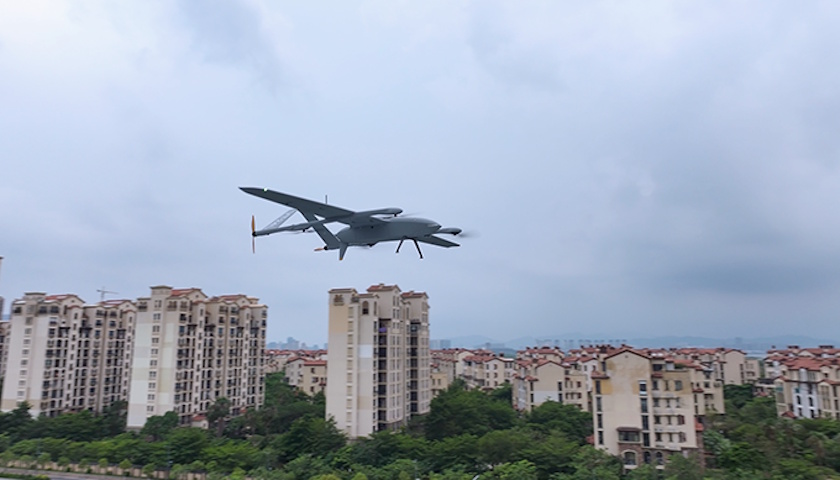The North East Automotive Alliance (NEAA), the Port of Tyne, autonomous vehicle technology provider, Oxa, and cybersecurity provider, Angoka, have secured Government funding to help develop and deploy autonomous logistics solutions.
Through the Connected and Automated Mobility (Cam) Pathfinder – Enhancements programme, the NEAA and the consortium of partners will deliver Port-Connected and Automated Logistics (P-C), a pioneering project set to demonstrate autonomous container transport at the Port of Tyne.
Supporting UK net-zero goals
This multi-million-pound initiative will deploy a fully autonomous terminal tractor and secure mesh communication network to move containers between the dockside and the container compound, creating a UK first in waterside port automation.
Running over nine months, the project aims to demonstrate a scalable, safe, and commercially viable autonomous logistics solution that supports the UK’s net-zero goals while enhancing efficiency and safety. It is expected to reduce costs, create skilled jobs and lay the groundwork for wider adoption of autonomous logistics across UK ports and distribution centres.
The CAM Pathfinder – Enhancements programme is funded by the Centre for Connected and Autonomous Vehicles (CCAV), a joint unit between the Department for Business and Trade (DBT) and the Department for Transport (DfT), delivered in partnership with Innovate UK and Zenzic.
The programme is part of the £150m Cam Pathfinder initiative announced in the UK Government’s Advanced Manufacturing Sector Plan, which aims to address the complexities in commercialising Cam vehicles, to support and grow the UK’s Cam supply chain and ready the market for Cam services, enhancing both investment and export opportunities.
Building on the success of the 5G Cal and V-Cal initiatives previously supported by UK Government, P-Cal marks a significant leap forward in connected and automated logistics for UK ports.
P-Cal operates within a new and complex Operational Design Domain (ODD), tackling the challenges of a high-traffic, dynamic quayside environment. These include real-time coordination with cranes, seamless integration with terminal operating systems and cybersecurity for safe, remote operations.
Nissan, Newcastle University, Vantec Europe, BP and Womble Bond Dickinson are also bringing expertise in automation, cybersecurity, logistics, and legal compliance.
“P-Cal addresses the unique demands of quayside operations, where vehicles must coordinate precisely with cranes and navigate a constantly changing environment,” said Paul Butler, CEO at the NEAA.
“This moves beyond our previous work into a completely new operational setting. With a focus on innovation, collaboration and environmental responsibility, this project will showcase the future of freight logistics.”
Gavin Jackson, CEO at Oxa, added: “The P-Cal project is a prime example of industrial mobility automation in action. What we’re showcasing here – safely automating complex container movements in a dynamic port environment – will act as a blueprint for port terminals in the UK and beyond. We believe this initiative offers a compelling vision for how autonomous technology will continue to optimise logistics – enhancing reliability and efficiency and improving operational safety globally.”
Source: smartcitiesworld.net




